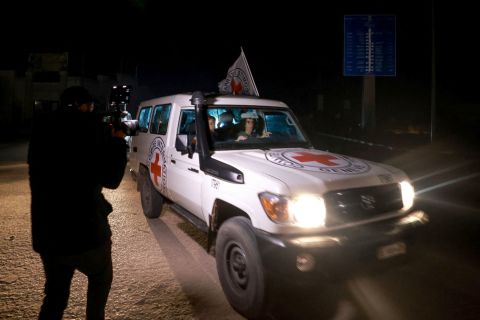ALBAWABA - Israeli Minister of Finance, Bezalel Smotrich, threatened to offer his resignation over a proposed hostage swap deal, stating that he will not be signing any deal to release prisoners.
He also stated that releasing Palestinian prisoners is unacceptable and would push him out of the Israeli Government. Smotrich accused the Israeli security agencies of seeking an illegal deal at any cost.
Smotrich stated, "I will not sign any deal to release a prisoner, even if it means ending my political career," emphasizing that this is a non-negotiable red line for him.
Earlier on Sunday, an AFP report revealed that Hamas has decided to pull out of the latest round of ceasefire negotiations, in response to Israel's latest massacre in Mawasi Khan Younis where more than 90 people were killed and caused 300+ injuries, mostly severe and life-threatening.
Israel claimed that the strike was to target Qassam leader Mohammed Al Deif, who oversees Hamas's military wing. Another official told AFP that Hamas was withdrawing from ceasefire talks because of Israeli "massacres" and the country's attitude in negotiations.
Al-Aqsa Flood operation against Israel
Hamas military group announced on Oct. 7 a military operation called "Al-Aqsa Flood" against Israel which is the biggest offensive in decades.
Palestinian fighters “infiltrated” Israel from the Gaza Strip and captured military bases and took hostages as photos and videos went viral online showing Hamas fighters on vehicles inside Israel and others paragliding into occupation territory.
In response, Israeli armed forces announced targeting Hamas positions inside the Gaza Strip. Thousands were killed, and dozens of thousands of others were injured in the Israeli attacks on the Gaza Strip.
The latest statistics by the Ministry of Health in Gaza revealed that the death toll from Israeli brutal pounding on the Gaza Strip since October 7 has soared to 38,584+ people, with more than 88,881+ injuries.
Since then, approximately 85% of Gazans have been displaced, all of whom are suffering from severe food insecurity, and the healthcare system has collapsed. Hundreds of thousands of people lack shelter, and aid trucks are entering the area at a lower rate than before the conflict began.









